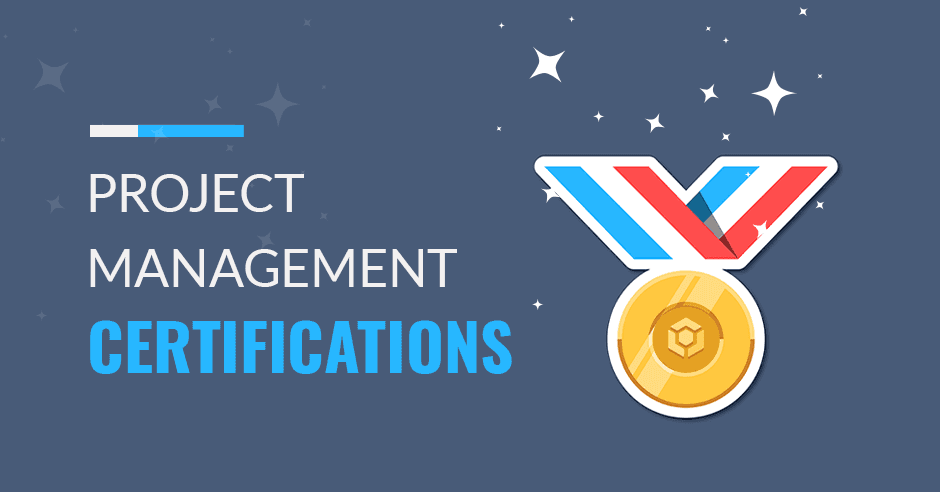The Project Management Professional certificate course is one that is recognised industrially as a mark of your competency to be a Project Manager. The course offers constant career development, it is flexible and can be used in collaboration with most other degrees, and also offers lucrative salaries. However, there are a few things you need to keep in mind before you decide to take it up.

- Expense
Project management certification is a course that will definitely add value to your resume as it gives you the skills you will need to lead a team for a project successfully. You can also mentor your subordinates and transfer your skills to them.
However, you need to keep in mind that the certification can be pretty expensive. If your resume is such that the addition of this course will add substantially to your income, it will be worth it as you will be able to cover your investment costs.
If you are not a member of the Project Management Institute (PMI), you will need to spend 550 US dollars just to give the exam once. Additionally, if you do not successfully pass the exam in the first attempt, non-members need to pay a fee of 375 US dollars just to retake it. These are just the basic costs required to attempt the exam in the first place.
You will have additional necessary costs to incur, like the study material, the training sessions, and classes to coach you for the exam. You will have an expenditure of 750 US dollars just covering your basic exam preparation needs for project management certification.
- Level Of Difficulty
While almost every professional course will have a certain hours per day study programme, PMP certification will require you to commit to your studies dedicatedly and regularly. You will need to give this some thought if you already have a degree and work a daily full-time job.
However, if you are in the zenith of your study years, you might not face a time crunch when it comes to studying for the exam. Of course, if you are passionate about it, it might be easier for you to study hard for it.
You cannot do this course based on the fact that you liked the material for a day. The test material is such that you will need to practically apply all the concepts that you learn. You are given a time limit of 4 hours to answer 200 questions. You need to practice a lot to finish these questions in the given time frame.
Some people are able to pass the exam successfully in a period of two to three months, yet some take years to do so. However, career growth and lucrative salaries more than make up for how difficult the exam is.
- More time consumption
Some people say that this is the tougher criteria compared to the rest of them. The time taken to get a PMP certification is a testament to the dedication and the regularity you will require to become a Project Management Professional.
As explained above, the exam is tough, and no matter what the aptitude of the student, the practical application of concepts successfully can only be achieved with adequate practice. Attending training sessions, regularly reading up on the material, and execution of projects take a lot of time.
The other activity which will eat up a large chunk of your time is the need to maintain a detailed record of all the projects that you were part of or mentored. Since it is assumed that as the leader of the project, you will need to know it in and out, which means you will need to know the littlest detail of these projects.
As proof of your knowledge, you will need to document the same in your project records. PMP also establishes an audit process so you cannot fake your project records. You are required to be transparent and knowledgeable, which will take up a lot of your time.
- Hands On Learning
Each project is going to be different, as you will deal with a different set of people, and a different timeline with different goals to be achieved. You cannot apply one formula or one concept to all. You will need to learn people skills, persuasion skills, and also how to get people to deliver an output that you desire while working happily for you.
These are not soft skills you can develop on or brush up overnight. You need to be prepared for last minute hurdles, conflicts with your subordinates, as well as difficulties in meeting the timeline successfully, especially the first few times you manage the project. You will become better at all these activities only with experience.
Once you are a seasoned player of the game, you will learn to play it properly. However, some people are not comfortable with a job where anything might happen, any time, and there is no set way to be prepared. So you need to determine if your personality is suited for the course and the unpredictable career path it will chart for you in terms of the work itself.
- Paying More Attention to Details
An important part of being a project manager is to be everywhere at once. This trait that is required of all project managers might be taxing for some, as you need to keep track of all your subordinates, which means you are in everyone’s shoes and keeping everyone on their toes all at the same time.
A minor error on one front will have a Domino effect leading to disastrous consequences every step of the way. In order to prevent that, constant monitoring and updating have to take place seamlessly.
You can also not guarantee the co-operation or perfection of the employees, and so, you will need to keep some time in hand for mishaps. These are activities that will not run perfectly the first time or so, simply due to a lack of experience.
Conclusion
The PMP course offers great career development and lucrative salaries for you. It is something you should go for if you are interested in the field of either management or human resources. However, you need to keep in mind that you need to be able to meet these criteria successfully to become a competent Project Management Professional.







